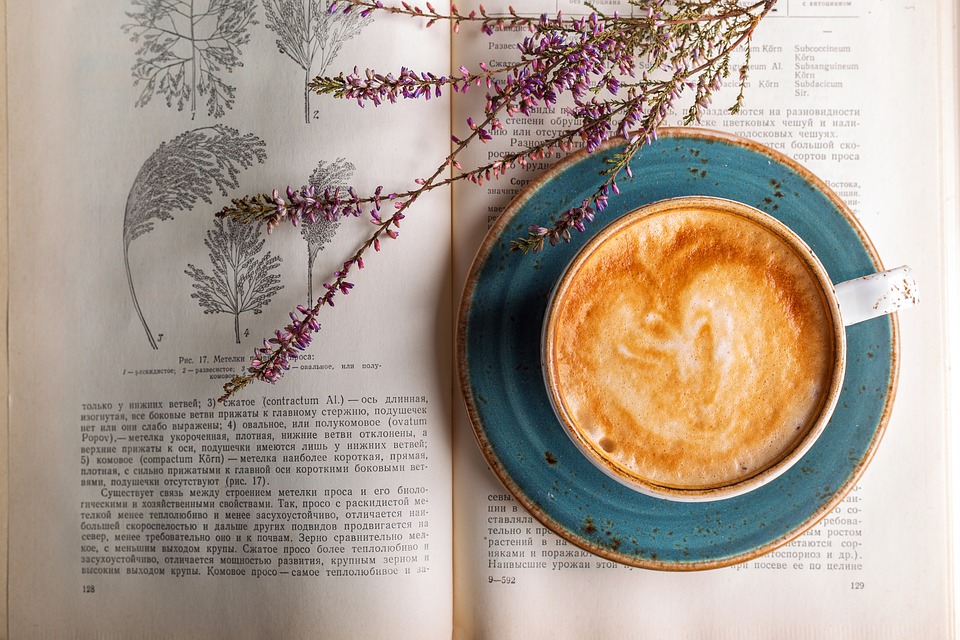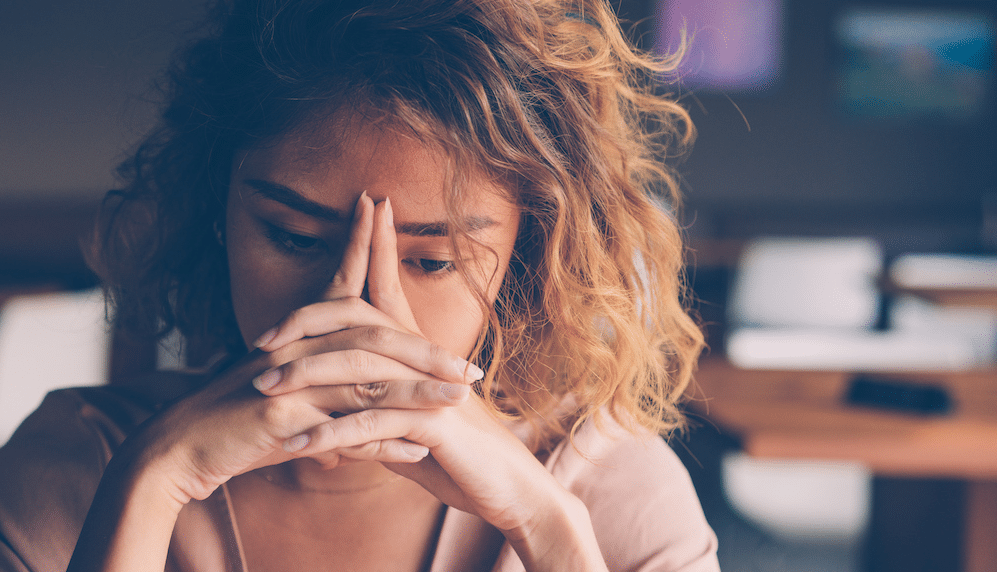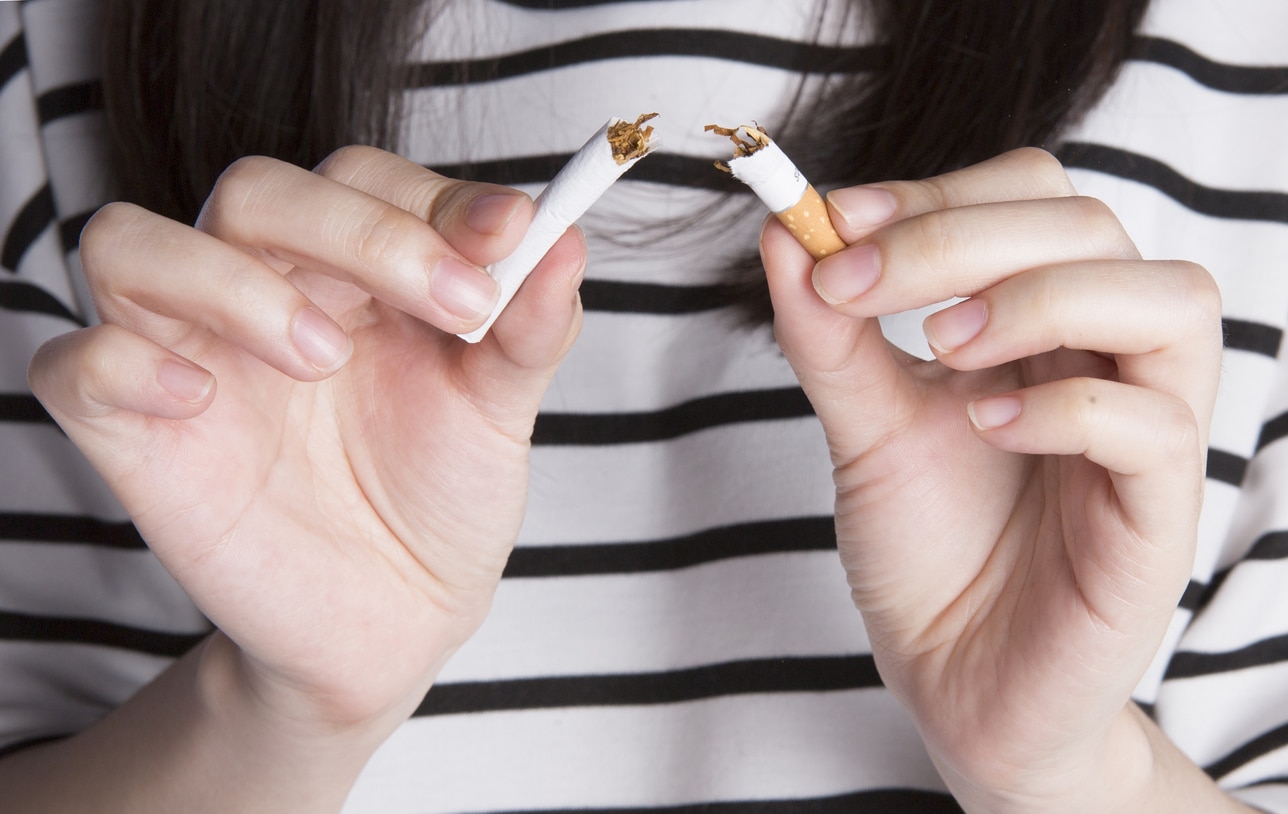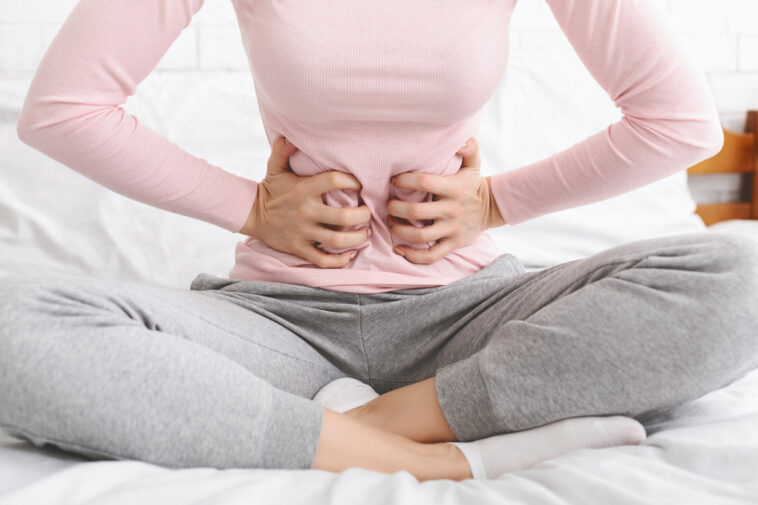For some women, menstruation is not fun. Synonymous with menstrual cramps in the lower abdomen, abdominal and lower back pain, headaches, etc., painful periods can be difficult to live with. It is then crucial to go to a doctor or gynecologist to detect a possible disease (endometriosis, uterine fibroids, etc.) and receive the right contraception to reduce period pain (pill, IUD, etc.). Aside from taking anti-inflammatories and being one with your hot water bottle, here are some things that can make your periods even more painful and promote dysmenorrhea. To be limited to make this period which inevitably returns every month more pleasant!
During your period, also rediscover some natural grandmother’s remedies to alleviate stomach aches. Perfect for women and girls from their first heavy and painful periods!
Caffeine, to limit in case of difficult periods

Rest assured if you are addicted to coffee, there is no need to stop it completely! However, it should be remembered that caffeine is a diuretic promoting dehydration. Furthermore, his exciting effect can promote painful uterine contractions. In case of intense menstrual pain, it is therefore not ideal, especially if you are sensitive to it. Reduce your doses of coffee, tea, soft drinks (which can also increase bloating and add discomfort) and energy drinks.
Important: during your period, staying well hydrated is essential to prevent and reduce certain pain. Good hydration also helps fight against water retention which can cause bloating and increase abdominal cramps. Drinking water throughout the day also helps maintain good blood circulation, which helps limit painful uterine contractions. To do this, opt for water, soothing herbal teas such as chamomile or natural hydrating drinks without added sugar such as coconut water.
Inflammatory foods can make periods even more painful

Heavy bleeding or not, any food that worsens stress or inflammation should be limited. Indeed, in women, there is a risk of increased spasms and therefore painful menstruation. Furthermore, it will increase blood sugar spikes, bloating and fatigue. During the period and a little before, pay attention to the foods that are too fatty or too sweet if you don’t want to have a stomach ache. This includes pastries, sweets, sweet chocolates, ice cream, etc. Furthermore, do you avoid alcohol which far from making us forget the pain and soothe it, will on the contrary promote it.
For effects anti-stress and antispasmodicsfavor foods rich in omega-3 fatty acids (fatty fish, flax seeds, etc.), calcium (other than dairy products too rich in saturated fat) or rich in magnesium.
Stress can also make periods even more painful

Stress can completely disrupt the menstrual cycle and a 2004 study published in the journal Occupational and Environmental Medicine demonstrated that there was “a significant association” between stress and dysmenorrhea. In simpler terms, stressed women, especially those with a history of pain, are more prone to painful periods! Furthermore, it can worsen mood swings and irritability. If you feel stressed, do not hesitate to practice activities that relax you (breathing exercises, etc.). Note that certain sports like Pilates, yoga or slow or moderate jogging on a treadmill can also help you feel better.
Cigarettes: one more factor that can make your periods even more painful

Smoking is often a factor underrated when it comes to menstrual pain. However, the nicotine contained in tobacco causes a constriction of blood vesselsincluding those of the uterus, which can amplify cramps and spasms. Additionally, smoking can affect blood flow and increase inflammation in the body, both of which can make periods even more painful. Reducing or stopping tobacco consumption, particularly during menstruation, can help to minimize the intensity of pain during this period.
Final advice: don’t force yourself to eat 3 meals a day!
Sometimes, periods result in nausea and vomiting in women. Also, if it is usually recommended to eat three large meals a day, do not hesitate to split them if you feel nauseous during your period. Do this smaller, more frequent meals. This will also allow limit the risk of having an empty stomachwhich may increase your discomfort during this time. And what’s more, it will also prevent hypoglycemia which can make you tired, moody and irritable.


